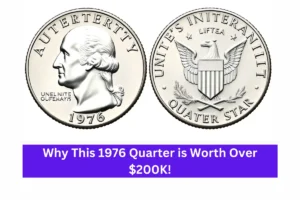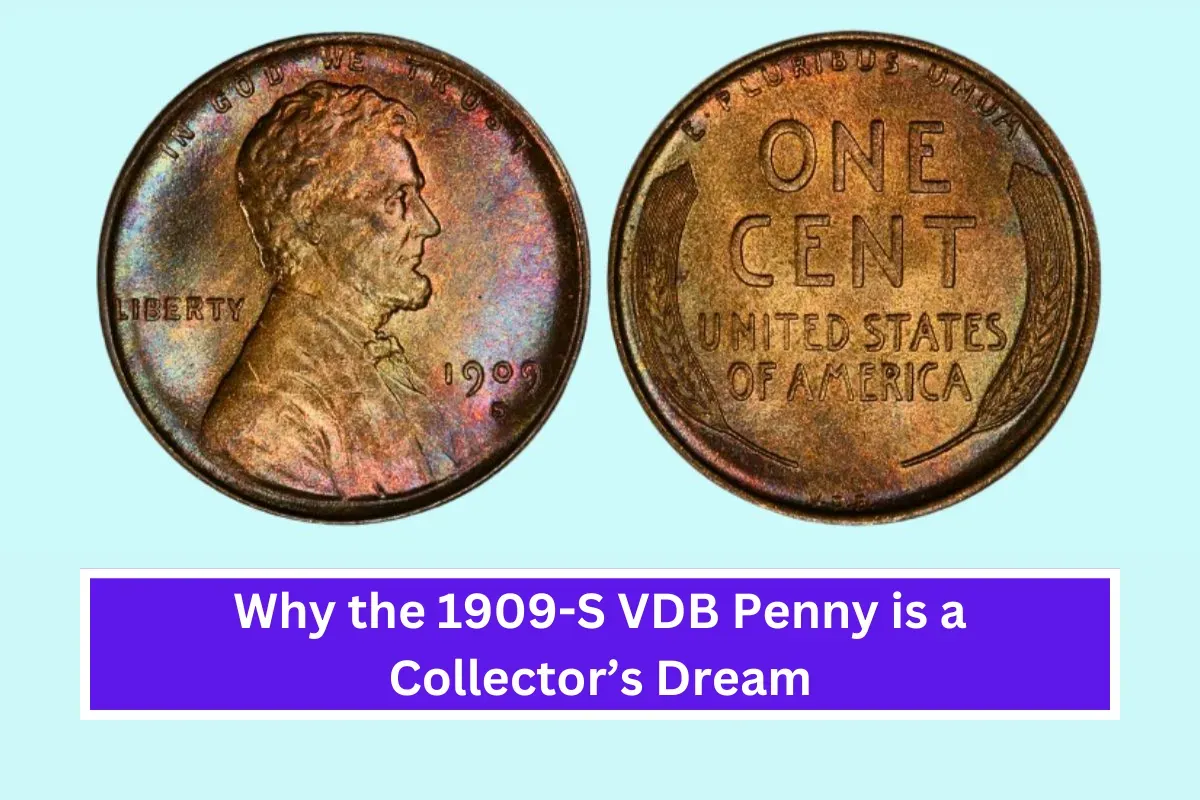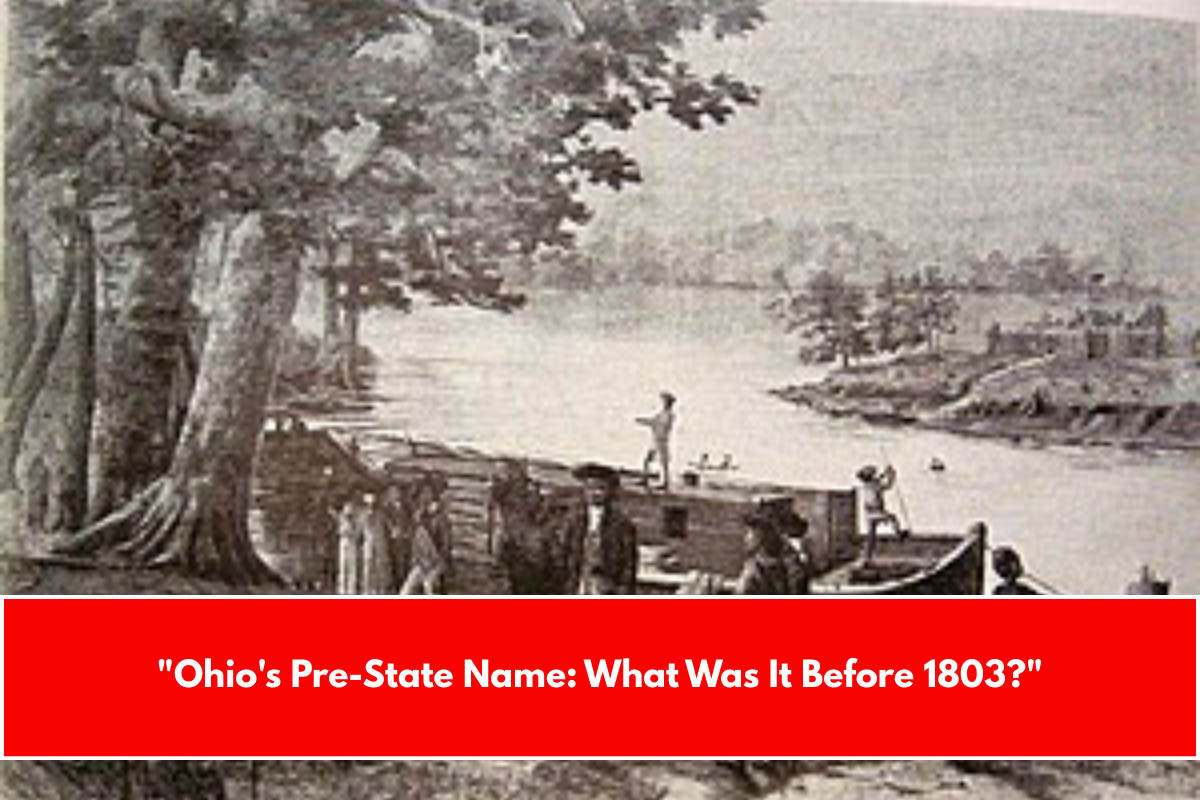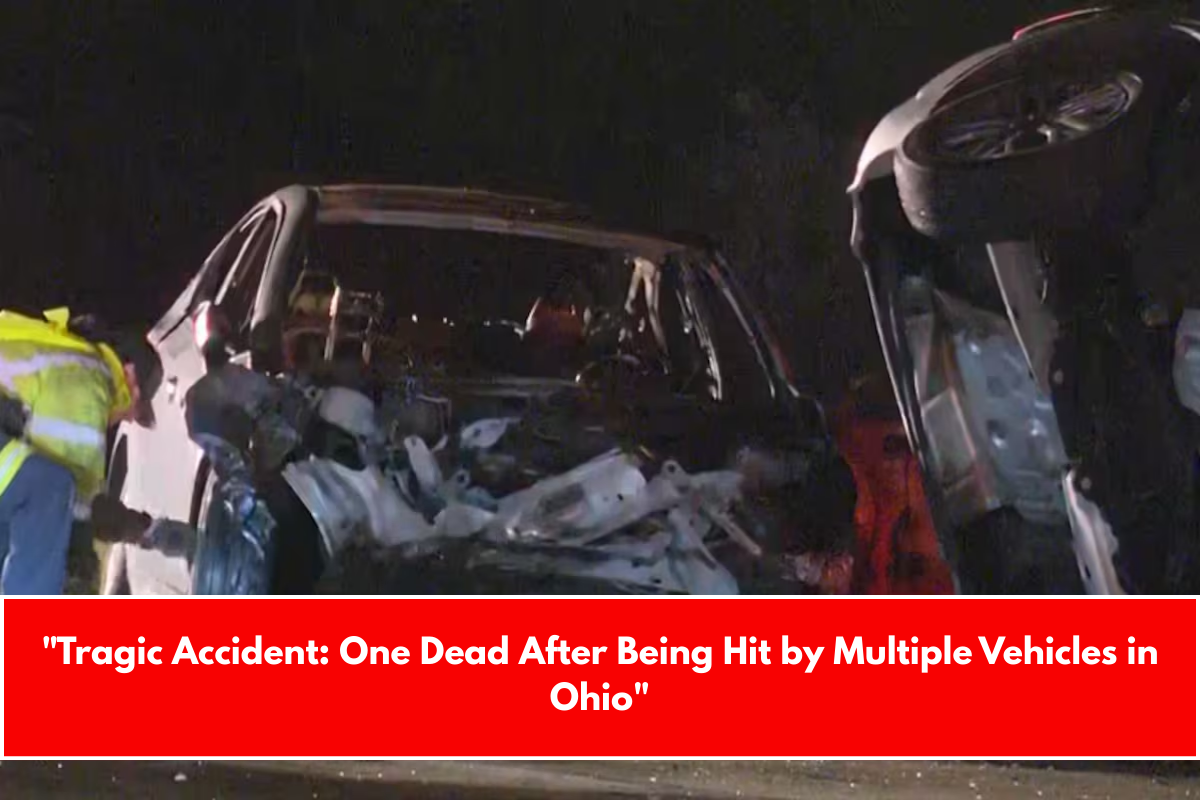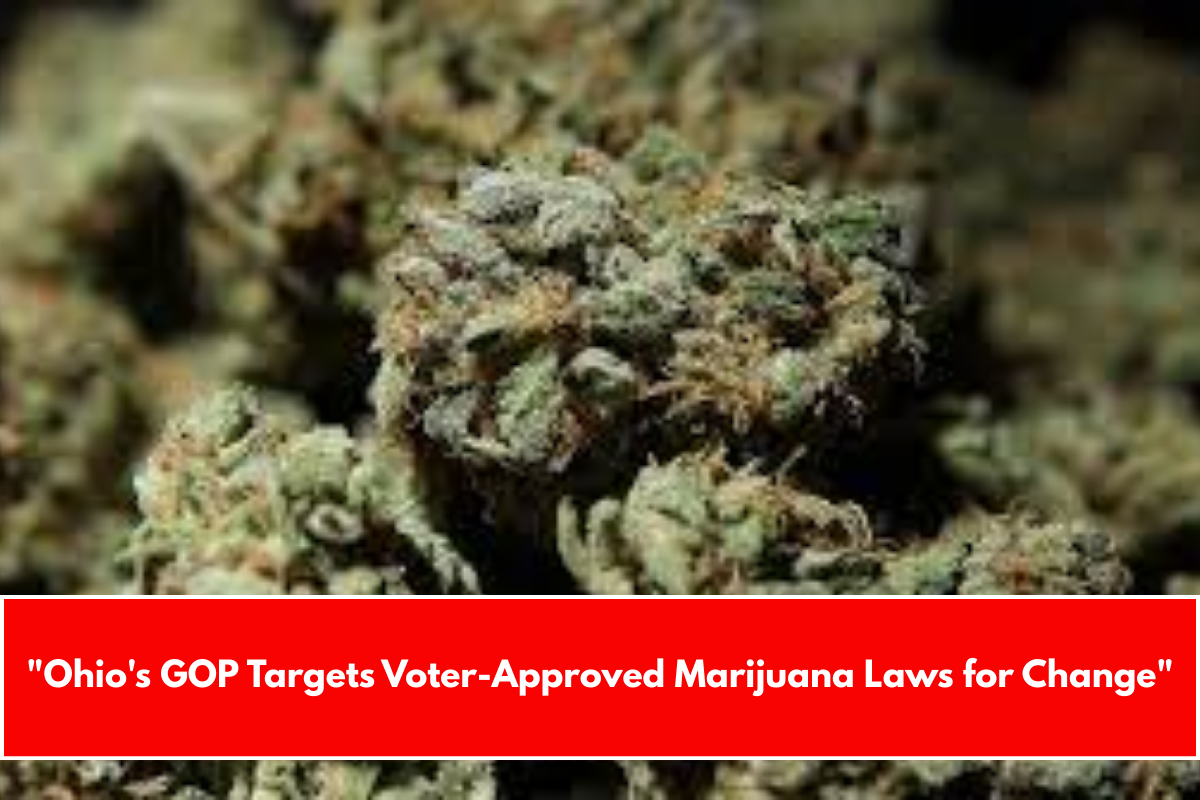The ongoing Ukraine war has captured global attention, and recent statements from Ukrainian President Volodymyr Zelensky have added a new dimension to the discourse. Zelensky suggested that the war could conclude sooner if Donald Trump becomes the US president. This remark follows Trump’s claim that he could end the conflict within 24 hours if elected. Here’s a closer look at the context, implications, and key viewpoints surrounding this statement.
Zelensky’s Hope for a Faster Resolution
Ukrainian President Volodymyr Zelensky expressed optimism about a swift end to the war under a Trump-led administration. Speaking to Ukrainian media, he highlighted the promises made by Trump’s team, emphasizing their commitment to resolving the conflict through diplomatic means.
Zelensky stated, “It is certain that the war will end sooner with the policies of the team that will now lead the White House.” He also underlined the importance of Ukraine doing everything necessary to end the war in 2025, potentially through diplomacy.
Trump’s Plan to End the Ukraine War
Donald Trump has repeatedly asserted that he could end the Ukraine war in just 24 hours. His proposed approach involves:
- Continuing military support for Ukraine to strengthen its defense.
- Avoiding the deployment of US troops in the region.
- Pressuring European allies, such as Germany, Poland, and the UK, to take greater responsibility.
Trump’s strategy aligns with his “America First” policy, which emphasizes limited direct involvement in foreign conflicts.
Russia’s Position on the Conflict
Russian President Vladimir Putin also congratulated Trump on his election victory, hinting at potential discussions about resolving the conflict. However, analysts suggest that Putin’s actions indicate no willingness to soften his stance.
The Institute for the Study of War notes that Russia’s demands remain unchanged, focusing on full Ukrainian capitulation. This hardline approach includes refusing peace talks until Western nations stop arming Ukraine.
Speculated Peace Terms
Some possible peace terms being discussed include:
- A freeze on the current frontlines.
- Ukraine agreeing never to join NATO.
- Security guarantees in exchange for territorial concessions.
However, both Russia and Ukraine have expressed reservations about these terms, making the path to peace uncertain.
Challenges Ahead for a Diplomatic Solution
While Trump’s leadership might bring a shift in strategy, significant obstacles remain:
- Russia’s insistence on total control over Ukrainian territories.
- Ukraine’s refusal to concede to Russian demands.
- Western nations’ continued military and financial support for Ukraine.
Russian officials, including Sergei Lavrov, have dismissed the idea of freezing the conflict and expressed skepticism about meaningful changes under Trump’s presidency.
FAQs
1. What did Zelensky say about Trump and the Ukraine war?
Zelensky suggested that the war could end faster under Trump’s leadership due to his team’s approach to resolving conflicts diplomatically.
2. How does Trump plan to end the Ukraine war?
Trump proposes arming Ukraine, avoiding US troop deployment, and pressuring European allies to take greater responsibility.
3. What is Russia’s stance on peace talks?
Russia has refused peace talks unless Western nations stop providing weapons to Ukraine, maintaining a hardline position.
4. What peace terms are being speculated?
Potential terms include freezing frontlines, Ukraine abandoning NATO ambitions, and exchanging territory for security guarantees.
5. Will Trump’s presidency significantly impact the war?
While Trump may bring a different approach, analysts believe Russia remains unlikely to offer concessions regardless of US leadership.


